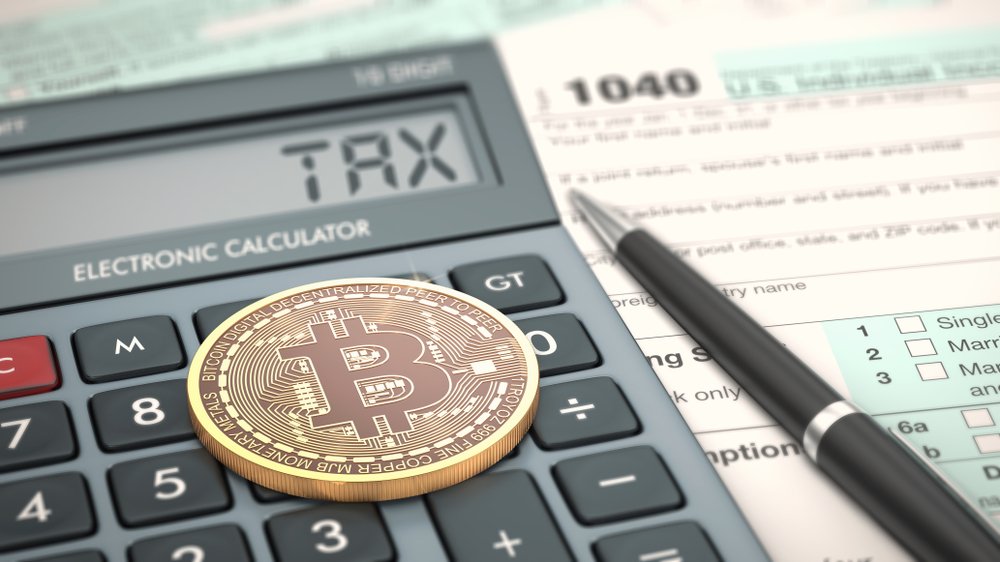By Anthony Diosdi
In 2019, the IRS issued Revenue Ruling 2019-24. This Revenue Ruling provided guidance on the taxation of “hard forks” and “air drops.” Revenue Ruling 2019-24 supplements the basic guidance regarding the tax treatment of virtual currency provided by the Internal Revenue Service (“IRS”) in Notice 2014-21. According to the IRS, cryptocurrency is a type of virtual currency that uses cryptography to secure transactions that are digitally recorded on a distributed ledger, such as blockchain. A distributed ledger records, shares, and synchronizes transactions as data on digital systems without any centralized storage or administration. Revenue Ruling 2019-24 discusses the taxation of a specific type of virtual currency transaction known as a “hard fork” which may be followed by a so-called “airdrop.”
As a general rule, a hard fork acts as a blockchain software update used to correct security flaws, add new functions, or even reverse transactions, the most famous of which was implemented on Ethereum’s blockchain to reverse an illegal hack that resulted in the theft of $50 million in investor funds. See What’s the Big Deal About Blockchain, the Florida Bar Journal, Volume 94, No. 2. March/April (2020, Anessa Allen Santos. While hard forks do not unwind a network’s transaction history, they do create a permanent divergence from the previous blockchain that often, but not always, requires the forced exchange of the old network’s virtual currency for the virtual currency of the new network. IRS Revenue Ruling 2019-24 explains that taxpayers who receive an “airdrop” of units of a new virtual currency to their digital wallet address after a hard fork realize ordinary gross income on the date the new currency is received regardless of whether that currency is converted into U.S. dollars.
Revenue Ruling 2019-24 provides two examples regarding the taxation of airdrops: one of a taxpayer whose cryptocurrency undergoes a hard fork, creating a new cryptocurrency, but units of the new virtual currency are not airdropped or otherwise transferred into an account that the taxpayer owns or controls. Because the taxpayer receives no units of the new cryptocurrency, that taxpayer does not at that point have gross income for federal tax purposes. The second example is somewhat similar to the first example. However, in the second example, in addition to hard fork, units of the new cryptocurrency are airdropped into the investor’s distributed ledger address, and the investor is able to immediately dispose of the new units. In this case, because the trader receives units of the new cryptocurrency, the investor has an accession to wealth. As a result of the investor having an accession to wealth, the investor will be subject to tax at ordinary income rates on the cryptocurrency received. The amount of ordinary income is the fair market value of the new virtual currency received when the airdrop is recorded on the distributing redger.
Anthony Diosdi is one of several tax attorneys and international tax attorneys at Diosdi Ching & Liu, LLP. Anthony focuses his practice on domestic and international tax planning for multinational companies, closely held businesses, and individuals. Anthony has written numerous articles on international tax planning and frequently provides continuing educational programs to other tax professionals.
He has assisted companies with a number of international tax issues, including Subpart F, GILTI, and FDII planning, foreign tax credit planning, and tax-efficient cash repatriation strategies. Anthony also regularly advises foreign individuals on tax efficient mechanisms for doing business in the United States, investing in U.S. real estate, and pre-immigration planning. Anthony is a member of the California and Florida bars. He can be reached at 415-318-3990 or adiosdi@sftaxcounsel.com.
This article is not legal or tax advice. If you are in need of legal or tax advice, you should immediately consult a licensed attorney.
